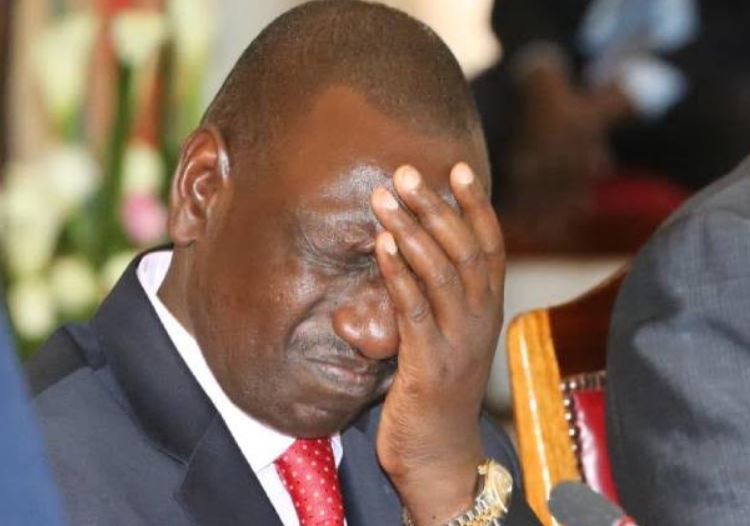Blow to President Ruto as Court Declares School Fees Payment Directive Unconstitutional
The High Court on Tuesday ruled against the government’s directive requiring parents to pay school fees through the eCitizen platform, dealing a major setback to President William Ruto’s administration.
High Court Judge Chacha Mwita sided with a petition filed by Nakuru-based activist Magare Gikenyi and the Law Society of Kenya (LSK), who argued that the policy was introduced without proper public participation or consultation with key stakeholders.
The judge further stated that the Ksh50 convenience fee charged for transactions on the eCitizen platform had no legal foundation, making it unlawful.
Court Blocks Ruto’s School Fees Directive
The ruling follows an earlier court order issued on February 7, 2023, which had temporarily suspended the directive until a final decision was made. On Tuesday, the court officially declared the Ministry of Education’s directive unconstitutional, irrational, and void.
“I was representing LSK in this matter. The High Court has ruled that the Ministry of Education’s directive requiring school fees payment via eCitizen is unlawful and has no legal standing,” stated lawyer Omochokoro O’mong’oni, who represented LSK in the case.
Ruto’s Push for Digital Payments Hit by Court Ruling
President William Ruto had strongly defended the eCitizen school fees directive, stating that transitioning all government payments to the platform was necessary to curb corruption and enhance revenue monitoring.
Speaking in February 2024 while addressing Kenyans in the diaspora, Ruto emphasized that consolidating over 3,000 separate government paybill numbers into a single payment system was crucial in reducing financial mismanagement and preventing theft of public funds.
He maintained that the government was determined to implement a fully digital payment system across all sectors, arguing that it was the most effective way to eliminate fraud and ensure accountability in handling public finances.
Controversy Surrounding the eCitizen Payment Directive
The directive was officially issued on January 31, 2023, when the then Principal Secretary for Education, Belio Kipsang, sent a circular instructing parents and students to use eCitizen for school fees payments in all government institutions.
Additionally, the circular required all other levies charged by schools to be paid through the same platform, sparking backlash from various stakeholders who complained that they had not been consulted before the decision was made.
eCitizen CEO Defends the Payment System
Amid mounting concerns, eCitizen’s founder and CEO, James Ayugi, defended the directive, stating that it was designed to improve transparency and accountability.
He acknowledged that there were cases of ghost schools and students in the education system and insisted that the new system would help prevent fraudulent payments.
Ayugi further clarified that every school had an official bank account registered with the Ministry of Education and that each student had a unique student number, dismissing speculation that the directive had ulterior motives.
Another Court Ruling Against Ruto’s Digital Payment Plans
This is not the first time the courts have ruled against Ruto’s push for digital payments. In December 2023, the High Court blocked another directive requiring 34 state corporations to integrate their payment services into the eCitizen platform.
Justice Bahati Mwamuye, in a ruling delivered on December 10 at the Milimani High Court in Nairobi, ordered the suspension of the directive, dealing yet another legal blow to Ruto’s administration.
With this latest ruling, the government’s efforts to streamline payments through eCitizen now face significant legal hurdles, as stakeholders continue to challenge the implementation of mandatory digital payment policies.
Join Gen z and millennials TaskForce official 2025 WhatsApp Channel To Stay Updated On time the ongoing situation https://whatsapp.com/channel/0029VaWT5gSGufImU8R0DO30


